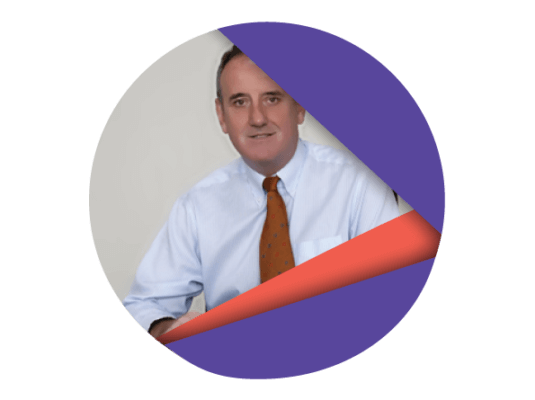By: Gordon Graham
Executive Director
PRER Group LLC

In this article, I am going to look at how we are using the Pareto principle to improve profitability in our business.
We are principally a global mobility services company providing a range of services to new companies coming to the Qatar market and to new employees of existing clients. As part of that, we also offer a residential and commercial real estate service.
The Pareto Principle says that roughly 80 percent of effects come from 20 percent of the causes. Translated into ‘business speak’, this means that unless we manage this, 80 percent of our profit will come from 20 percent of our activity.
It is important to recognise that the 80 and 20 percent figures are rough numbers. The key point is that only a small part of our business is likely to be very profitable.
The challenge then is to:
– Identify these parts of the business and understand why they are profitable
– Look to increase the profitable parts
– Look to reduce the unprofitable parts
I first noticed the impact of the Pareto principle when I was in charge of sales operations for one of the major UK life assurance companies. Part of my role was to set the annual sales targets and design the bonus schemes.

No matter what target they were set and no matter what bonus scheme was designed (there were endless debates on whether we should have a relative or an absolute scheme and we changed from time to time), the same people came on top of the sales league table every year.
When I looked into why this was the case, it became clear that they:
– Understood what their customers’ real needs were.
For most of the brokerages we dealt with, that was about building up a client bank and servicing their general needs rather than ‘hit and run’ sales.
– Were constantly available for their customers.
It is easy to assume that customers know or understand things that we take for granted and that is far from the case. If we could guide them and become their ‘trusted friend’, there was a significant commercial advantage in a very competitive market.
– Dealt with issues honestly and promptly even when this involved difficult conversations.
No one likes these conversations but it is better to be open and honest and deal with the matter at the earliest opportunity.
– Generally built up trust over time.
Interestingly, the quality of their sales was typically better than the average too.
When we apply this to the Doha real estate market, we look at the variables that impact us. We see these as:
– The property and in particular the type, location, condition and price.
We look at the type, location, condition and price and assess whether there is a market for this property. If, for example, a property is uncompetitively priced, is it worth us using resources to advertise and show it?
– The landlord
The factors here are, do they pay commission, if they do, do they pay quickly and without fuss, and generally are they cooperative and easy to deal with?
– The leads
Are they speculative or are they serious customers? Are they genuine customers or are they just trying to use us for their own ends? Can they realistically afford the property they are interested in (or are they looking to negotiate a rent reduction that is unrealistic?) Are they willing and able to pay any fees?
Over time, we believe that good management information is the key to enhancing our profitability.
It is tempting when designing management information to include more information than is necessary or manageable. It is also tempting, particularly with the range of tools technology gives us, to make the information more complex than is needed.
Another danger is to compromise the quality of the information held by asking people to complete it when they have limited time or interest in doing so. Typically, sales people focus their energies on making sales, with any administration taking a distant second place.
The key factors are:
– It should be simple and easily understandable
– It should be easy to administer and complete
– It should be used and form the basis of discussion and decisions
In summary, we believe that focusing our efforts on where we can make the biggest impact is an important driver for sustained profitability.
You can also search for:
cheap studio apartment for rent in doha
1 bhk flat for rent in abu hamour





